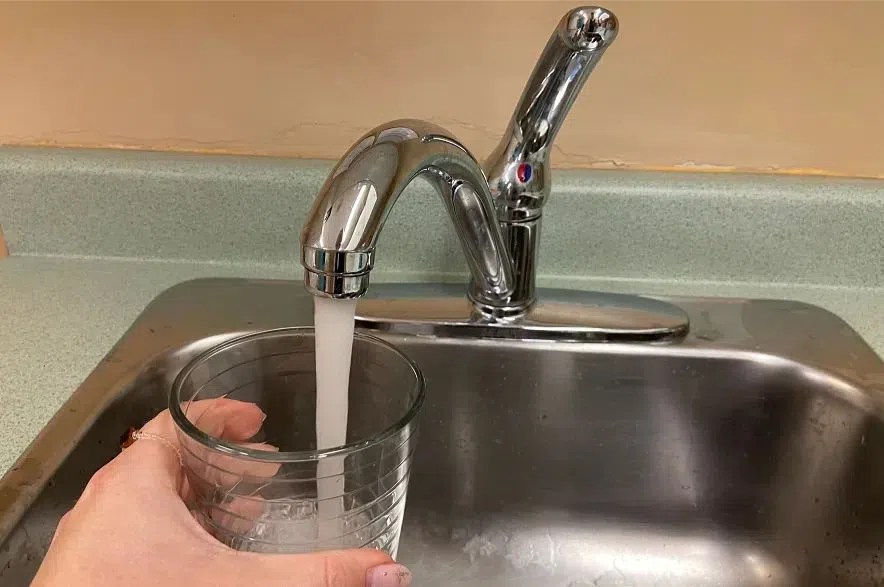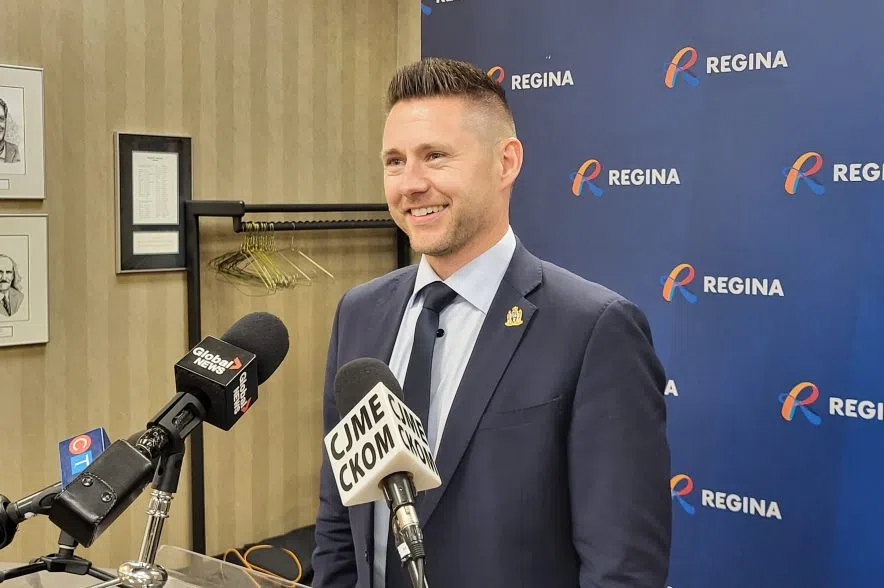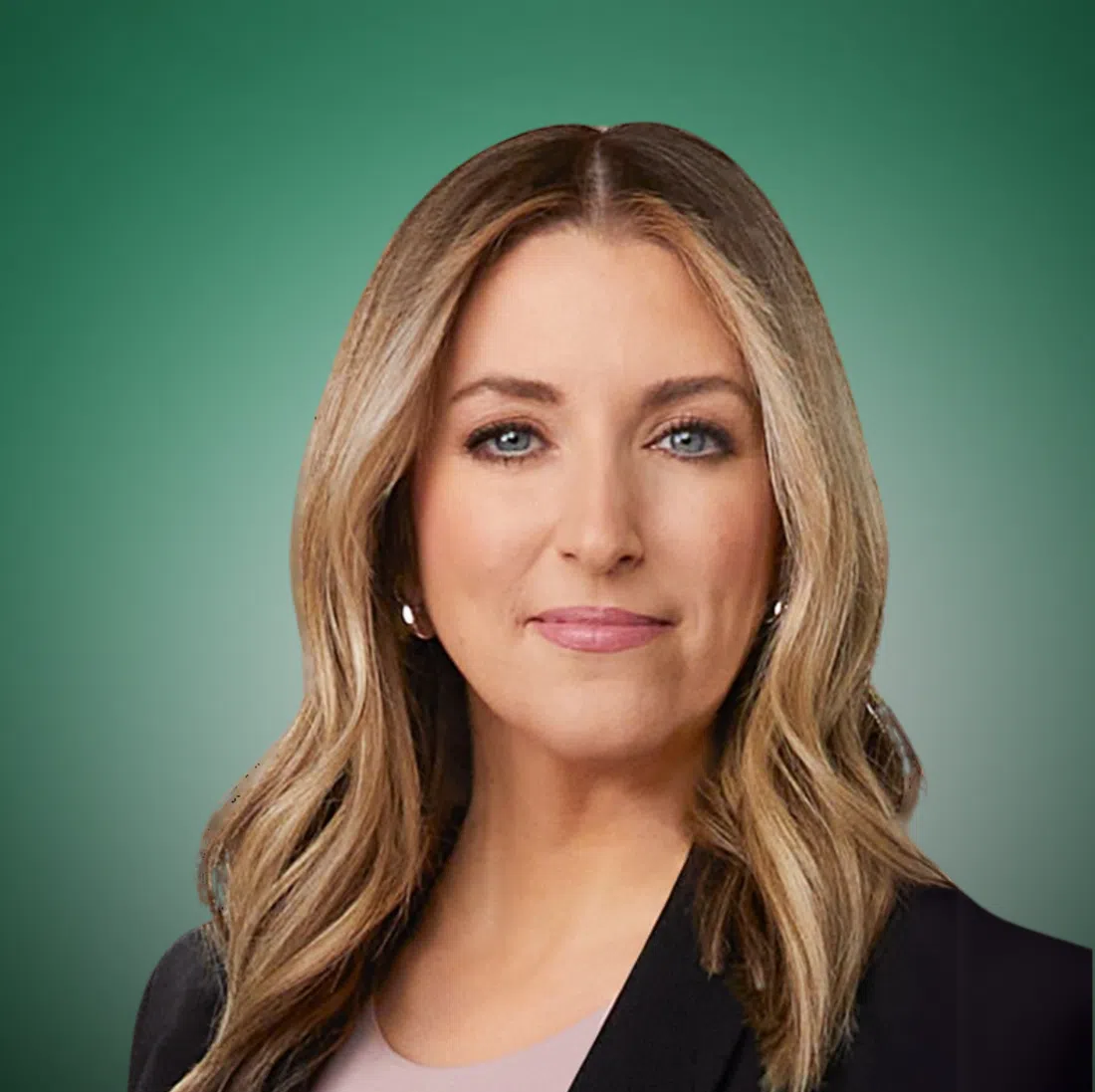Regina city council could make it easier for people to replace lead pipes in their homes.
On Wednesday, Regina’s executive committee voted unanimously to adjust the City of Regina’s Lead Service Connection Management Program (LSCMP).
Read more:
- City of Regina to explore homeless encampment options, designated sites
- City of Regina’s new budget process aims to boost trust and transparency
- No wastewater was released into Wascana Creek: City
Most of the adjustments were centred around removing financial hurdles, such as:
- Removing the $240 administration fee for the five-year equalized repayment
- Increasing the maximum annual filter reimbursement amount (from $100 per year to $200 per year)
- Adding a one-time reimbursement of up to $350 for the installation of an under-sink, in-line water filter system by a certified plumber.
The changes also include removing the current low-income threshold.
Speaking as a delegate, Cheryl Hymus-Fraser said she became concerned about contaminated lead pipes after she and her family moved into a new home in May.
“Like any family moving into a new house, we are excited and very busy settling in. I didn’t think much about our water, but I decided to ask for a lead test, just in case. When the results came back, I was shocked,” she said.
“Some samples from our tap show lead levels as high as 161 micrograms per liter. For context, Health Canada sets the maximum acceptable concentration at five (micrograms per litre).”
Hymus-Fraser spoke on behalf of Get the Lead Out, a local group dedicated to advocacy for lead pipe removal.
Council first approved a 15-year lead service connection replacement program in 2021 – scheduled for completion in 2036.
During the meeting, Deputy City Manager of City Operations Kurtis Doney said the city is well on its way to meeting that target date and replaces around 220 LSCs per year.

The 2023 study showed that of the 124 homes sampled, 48 locations had one or more samples that tested above the Health Canada guidelines of five micrograms per litre. (980 CJME file photo)
Mayor Chad Bachynski said the issue is top-of-mind for the city and its administration.
“A healthy community is paramount and I am happy to see that we are constantly not only executing the program and meeting our targets – but also looking for ways to improve in the interim while we still have some of those (LSCs) in our system,” Bachynski said.
The City of Regina conducted random testing studies of residential homes in 2023 and 2024.
The 2023 study showed that of the 124 homes sampled, 48 locations had one or more samples that tested above the Health Canada guidelines of five micrograms per litre.
In 2024, of the 56 homes tested, 29 locations had one or more samples above the federal guideline.
During the meeting, executive committee also passed numerous amendments made by Ward 6 Coun. Victoria Flores – many of which were recommended by Get the Lead Out earlier in the day.
The amendments included:
- Providing an annual report about the program yearly instead of every two years
- Increasing face-to-face interactions with families who may be at risk
- Exploring partnerships with public health and school boards.
- Exploring how to enhance and refine communication to residents
- Community consultations about developing partnership and incentive programs for installing at-source filtration
Final approval is required at next week’s city council meeting.











